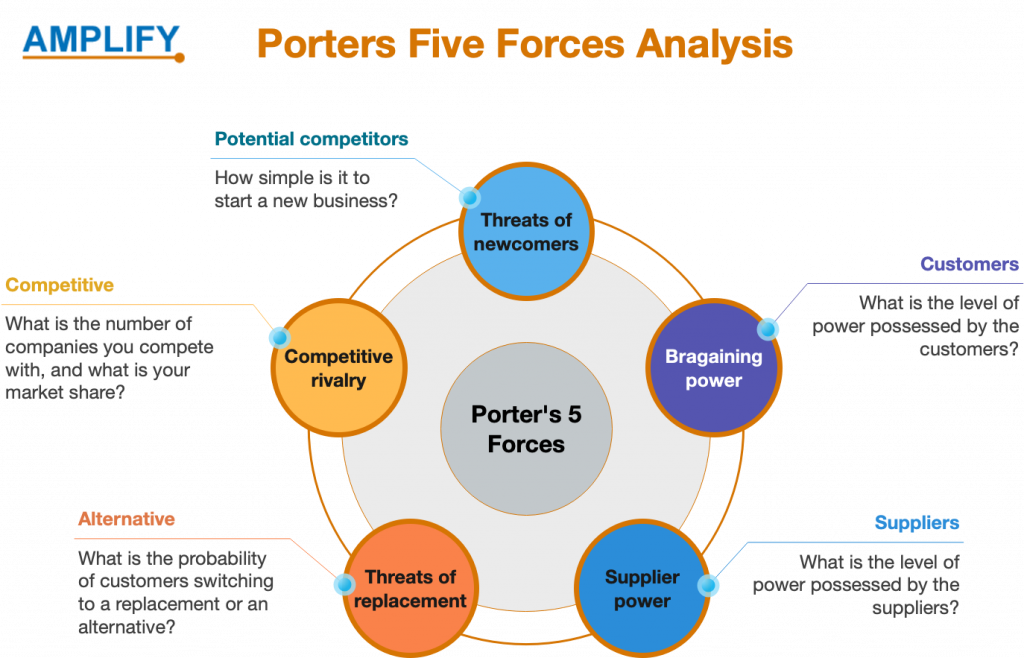The agency-based business model refers to a business structure where a company acts as an intermediary or representative between clients and various service providers
The term “agency-based business model” refers to a business structure in which a company acts as an intermediary or representative for several different service providers on behalf of its clients. The agency acts as a go-between for its clients, easing the process of transactions and providing them with specialized services tailored to their requirements. The following is a list of essential components that make up the agency-based business model:
Representation of the Client: Agencies are responsible for representing their clients and working on their behalf to locate and acquire services from third-party providers. They ensure that clients and service providers can effectively communicate with one another and work together by acting as a bridge between the two parties.
Network of Service Providers: In most cases, advertising agencies will keep in place a network of service providers or freelancers who specialize in various fields. They take advantage of this network to provide their customers with a comprehensive selection of services, catering to a wide variety of requirements such as marketing, design, development, consulting, and many more.
The agency-based business model is ideal for small and medium-sized businesses, startups,
professionals, companies expanding into new markets, and enterprises with complex needs.
Project Management: Agencies typically take charge of the project management aspect, coordinating between clients and service providers the various tasks, timelines, and deliverables. They make sure that projects are carried out in a streamlined and effective manner, following the prerequisites and requirements of the clients.
Expertise Specializing in a Particular Field Agencies brings to the table a wealth of knowledge and experience specializing in a particular field. They are knowledgeable of the competitive landscape, current on industry developments, and able to offer clients insights and recommendations. Clients are better able to achieve their objectives and make decisions based on accurate information as a result of this expertise.
Management of Client Relationships: The primary focus of agencies is establishing and maintaining healthy client relationships. To cultivate lasting business relationships, they place a premium on ensuring the happiness of their customers, demonstrating an awareness of their requirements, and providing services of the highest possible standard.
Fee-based Revenue Model: Agencies generate revenue by charging fees or commissions based on the services provided. These fees may be structured as a percentage of the project cost, a flat fee, or a retainer-based arrangement, depending on the nature of the services and the agreement with the client.


















